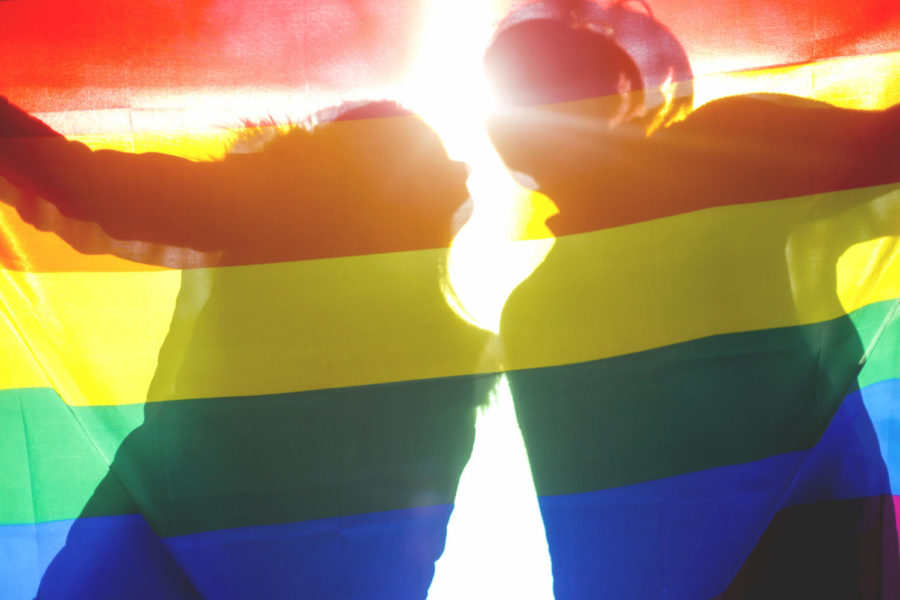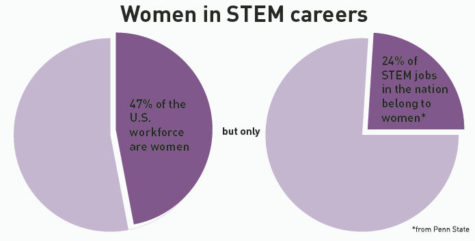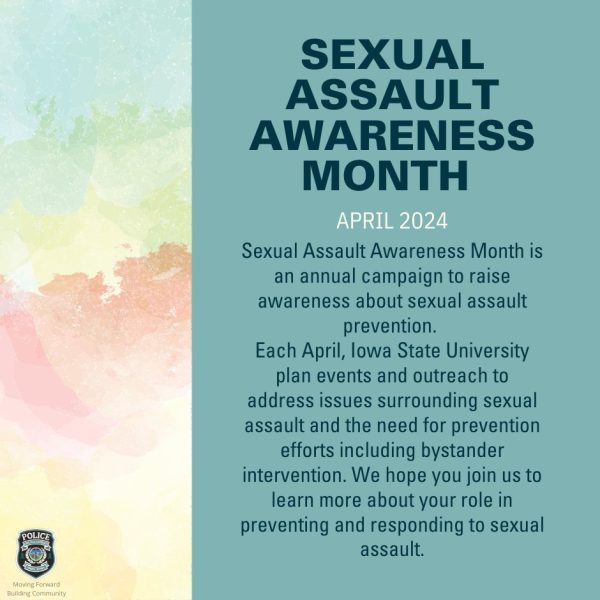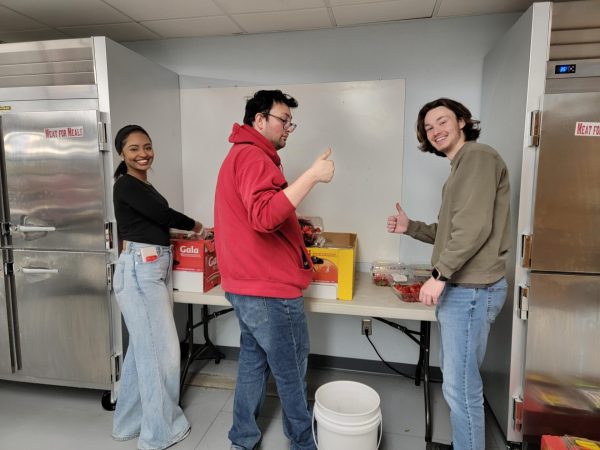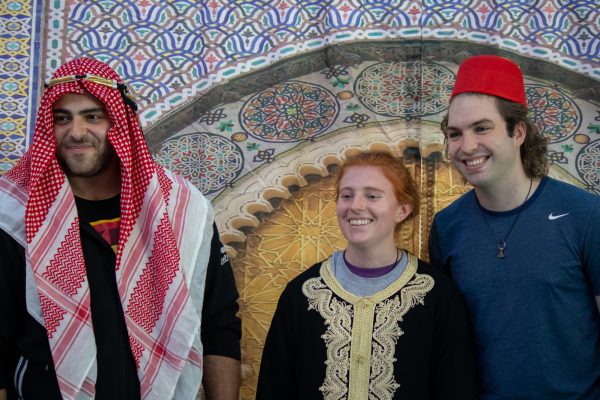A Dose of Pride: Madison Mason
A Dose of Pride: The Iowa State Daily’s Pride Month series throughout June.
June 9, 2021
Editor’s note: This article is part of the series A Dose of Pride, which highlights LGBTQIA+ voices during the month of June. If you want to write for any of the prompts, email [email protected].
What does pride mean to you?
I’m a queer, gender non-conforming woman, who uses she/her and they/them pronouns, and I’m proud of my LGBTQIA+ identities.
Pride is an interesting concept, which I’ve evolved my take on it over the years I’ve celebrated Pride Month. I mean, generally, Pride is about queer liberation and celebrating the movement from where it started to where it is now.
However, taking a step back from what Pride is supposed to mean, we should take a look as to what Pride has evolved into.
While Pride didn’t start with Stonewall, that event was what pushed the queer liberation movement forward. Now, people may be asking, what is Stonewall?
Well, according to them, it began when law enforcement stormed the Stonewall Inn, arresting patrons and forcing them into waiting police vehicles due to the legality of homosexuality as well as other forms of early queer identities. However, a nearby crowd grew restless and angry, and eventually, someone — some say it was Marsha P. Johnson, others say it was Sylvia Rivera — started throwing bricks at the police and encouraged onlookers to join. They pelted the police, forcing homophobic cops to retreat, and aggressive street confrontations continued over the next few nights.
Queer liberation began after queer and trans women of color decided to take the initiative, after which pushed a movement into fighting for LGBTQIA+ rights. A protest led by queer and trans Black, Indigenous, people of color (BIPOC) is the initial history of Pride, and yet, this has been forgotten as years have passed.
In my opinion, celebrating Pride is about education, resources and pushing forward. However, we have digressed from where we began in the LGBTQIA+ community.
Pride has become commercialized with a rainbow flag, screaming that gay people have rights, and we see a sea of white folx flooding the celebrations, queer or not. However, with this superficial lens on Pride, there are issues going unseen within the LGBTQIA+ community.
There is racism and white supremacy within the queer community. The idealization and queer dream starts and ends with white cisgender gay men and their relationships being what is idolized within and outside of our community. Black transgender women are the most discriminated people within the United States and receive massive amounts of violence against them, and yet, instead of supporting and uplifting queer and trans BIPOC folx, there has been a normalization of white supremacy within our community.
There are also aspects of transphobia within the LGBTQIA+ community, where cisgender queer folx invalidate and discriminate against transgender and non-binary/gender non-conforming people. It’s another system in which the LGBTQIA+ community upholds systems of oppression while also crying oppression.
We also see concepts of ableism within the queer community, in which Pride and Pride events are often inaccessible to differently abled queer folx. These events are set up for abled people while preaching inclusivity for everyone. And queer and trans folx who are differently abled are left not being able to celebrate their identities because of this.
Included in accessibility, Pride Month is often full of events that are meant for queer and trans adults while inaccessible to LGBTQIA+ youth. Pride Month is meant to be celebrated by everyone within the community, and yet, many events, education opportunities, support systems, etc. are not available for queer youth, who need and thrive off of these opportunities the most. Pride has become a glorified party, which has left the future of the queer community behind.
As I said before, I believe Pride to be a time of education, resources and pushing forward. However, we can’t push forward with the continuation of these issues in the LGBTQIA+ community. Going back to what Pride was about — queer liberation — there is no queer liberation until we are all liberated, which includes BIPOC queer and trans folx, differently abled folx in the LGBTQIA+ community, trans and non-binary folx, queer and trans youth, etc.
So, what does Pride mean to me? Pride means celebrating, reflecting and learning about queer identities and history, while also pushing for a better future. Pride means using this designated month of celebration to bring up important issues in the queer community. Pride means solidarity with those in the LGBTQIA+ community who share other intersectional identities within other marginalized groups. Pride means remembering our past in order to idealize a better future.
Pride is more than rainbow shirts at Target and dancing in the street. Pride is a movement — don’t forget that.

